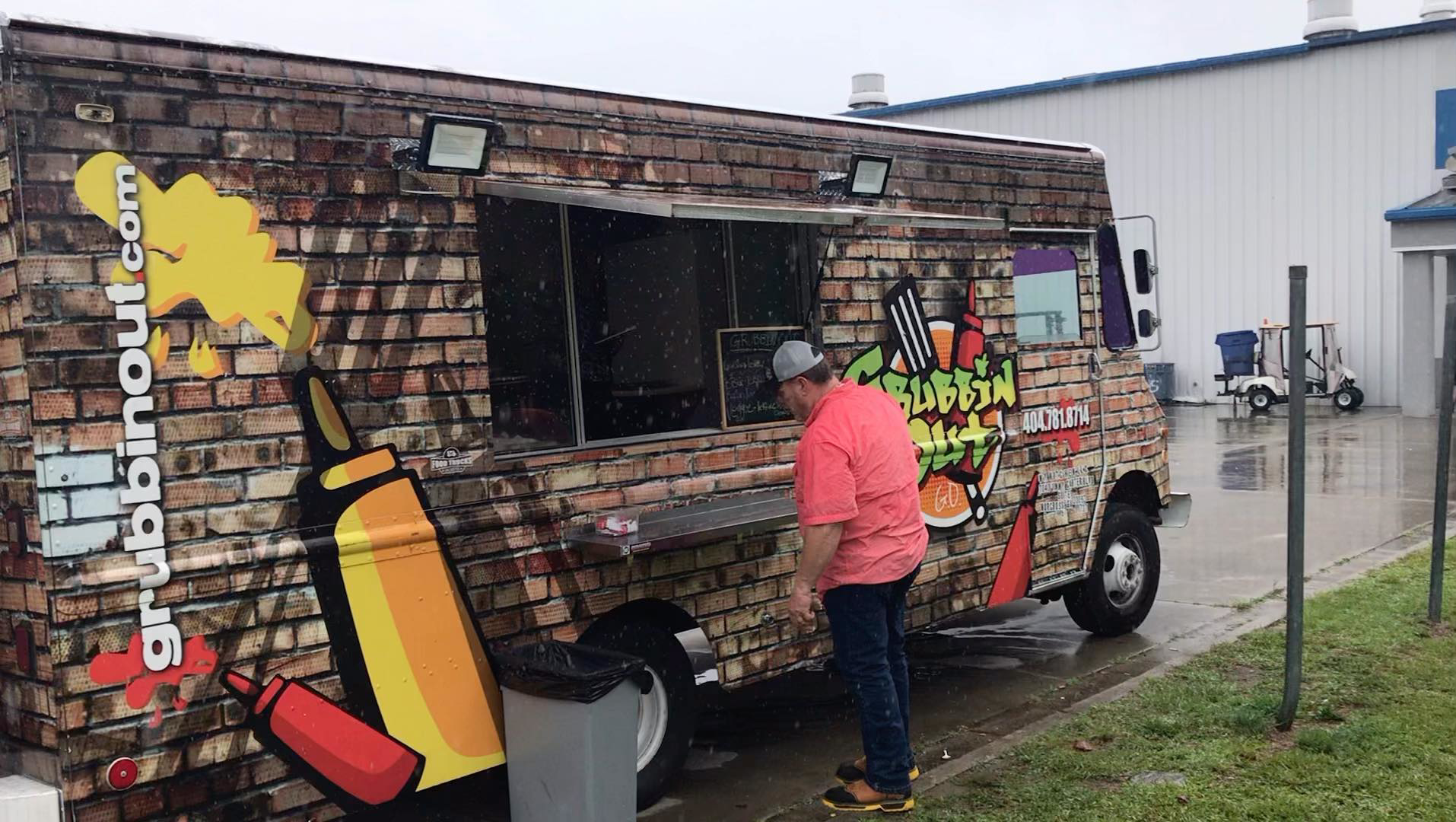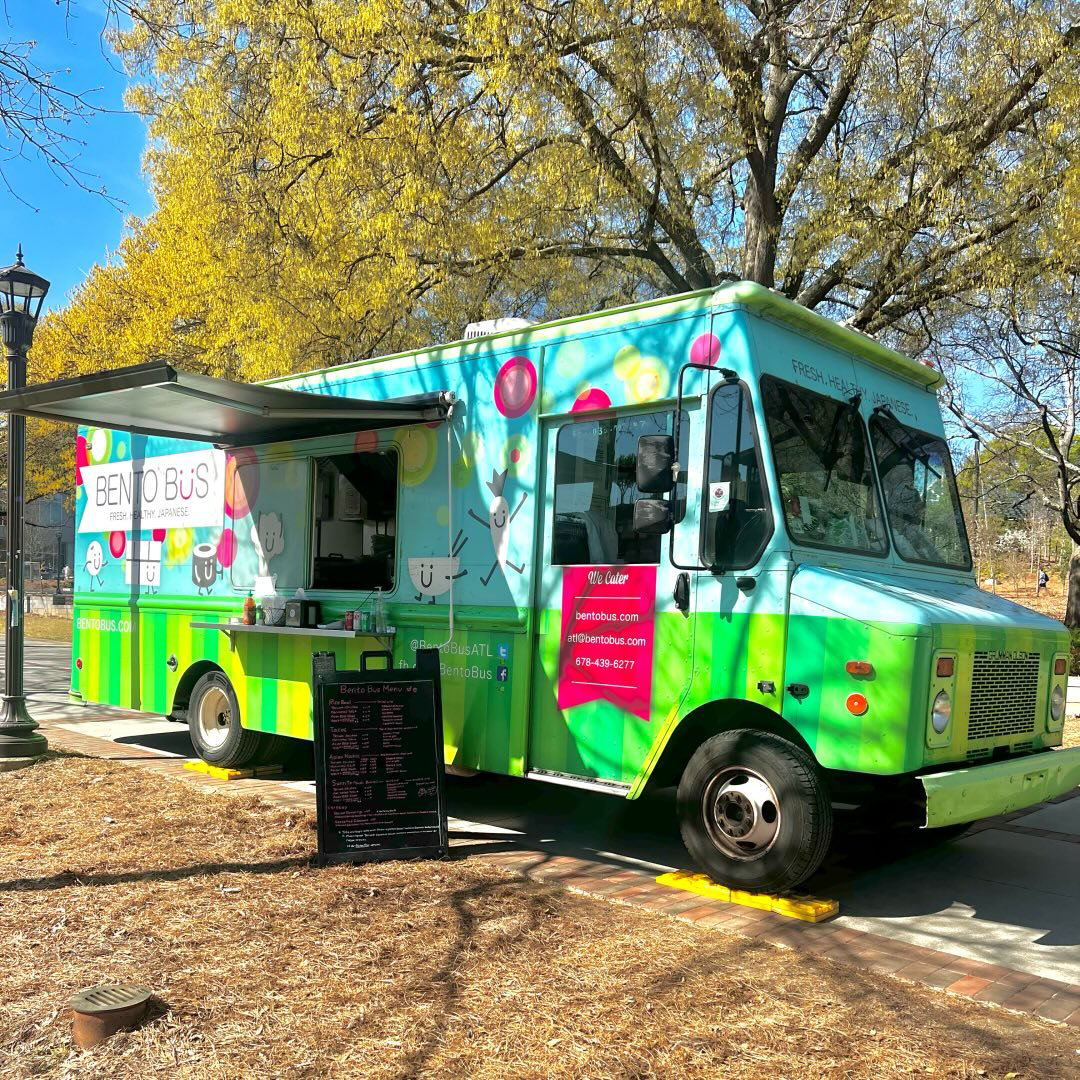Food Trucks Permit and Licenses
Rolling into Revenue: The Guide to Atlanta Food Truck Permits and Licenses
Food trucks are essentially restaurants on wheels, offering a unique blend of culinary freedom and entrepreneurial spirit. While they enjoy more flexibility than traditional brick-and-mortar eateries, operating a food truck in Atlanta still requires navigating a few essential permits and licenses for operation and vending. Understanding these requirements from the get-go will help you get your mobile kitchen up and running smoothly.
What Makes a Food Truck Official?
In Atlanta, the technical term for a food truck is often a "mobile food service operation," although this term might not be explicitly used as a formal definition in every sentence by the City of Atlanta's Vending Program. This term covers any vehicle that's used to sell food and beverages. It's important to know that these operations generally fall into two categories:
Pre-packaged foods: Think ice cream bars, chips, soda, and candy. These have fewer regulations.
Unpackaged foods: This includes perishable items that need to be kept hot or cold, like most of the delicious meals you find at a food truck. These types of operations have more extensive regulations and permitting requirements.
Regarding the distinction between pre-packaged and unpackaged foods and the general oversight, it primarily stems from the regulations set by the Fulton County Board of Health and the City of Atlanta's vending programs. They categorize and regulate "Food Trucks" and "Ice Cream Trucks" (which often sell pre-packaged items) differently, reflecting the varying levels of regulation based on food type and preparation. It is also confirmed that there is a need for a "Department of Health Mobile Food Permit" (from the county health department) regardless of the vending location type, reinforcing the health department's central role in making a food truck "official." The "inspection stickers" or proof of compliance are implied by the requirement for health permits.
Since most traditional food trucks serve up fresh, unpackaged meals, this guide will focus on the more in-depth requirements for a full-service operation.
Beyond just getting set up, food truck operators in Atlanta also need to pass inspections and follow the city's health and food handling rules. These regulations are in place to protect everyone's health and safety. You can often spot proof of compliance by looking for permits and inspection stickers on trucks around the city.



Key Permits and Licenses for Your Atlanta Food Truck
To ensure everyone enjoys safe and delicious mobile meals in Atlanta, the city has a few requirements you'll need to meet. To start your food truck in Atlanta, you'll generally need to apply for and be approved for the following:
Business License (Vendor's License): This is your foundational permit, recognizing your food truck as a legitimate business operation. It's also crucial for tax purposes and will help you get an Employer Identification Number (EIN). You can typically apply for this through the City of Atlanta's Office of Revenue.
Mobile Food Service Permit (Health Permit): If you plan to sell food in Atlanta, you must pass an inspection from the Fulton County Board of Health (or the relevant county health department where you'll operate) before you start serving. New trucks might also need to go through a plan review process. Besides food safety and equipment checks, your operation must also follow local land use rules – meaning you can't block sidewalks or infringe on zoning laws.
Driver's License: Since your food truck is a vehicle, you'll need a valid driver's license to drive it. In Atlanta, a standard driver's license is usually sufficient for operating a mobile food truck; no special commercial driver's license is typically required for most food truck sizes. You can find more information about obtaining a license from the Georgia Department of Driver Services (DDS).
Food Safety Certificates: Special training is required for those who handle and sell unpackaged foods. This typically involves getting a Food Manager Certificate (often a Certified Food Protection Manager, or CFPM) for at least one person overseeing operations, and Food Handler Certificates for other employees. Knowing which employees need which certification is crucial for compliance.
Requirements for Obtaining Your Atlanta Food Truck Permits
Once you know which permits and licenses you need, here's a general idea of what you'll need to provide to obtain them:
You must be at least 18 years old.
* A valid picture ID.
* Vehicle registration from the Georgia Department of Driver Services (DDS), if applicable.
* A commissary agreement or contract. This is a licensed commercial kitchen where you'll prepare, store, and clean your food truck.
* A completed Mobile Food Service Permit application from the Fulton County Board of Health.
If you're setting up as an LLC or a corporation, you'll need to provide your Articles of Organization or Articles of Incorporation.
What About the Costs?
The cost of permits and licenses is an important factor to consider when planning your Atlanta food truck venture. While fees can vary, here's a general idea of standard mobile food facility cost of permits and licenses for a new food truck in Atlanta, Georgia (keep in mind some permits may also have application fees). This assumes you are a new operation requiring all initial fees and are operating a mobile food unit that sells prepared food.
Initial Fees (One-time):
Public Vending Permit (City of Atlanta) - One-Time Fees:
Application Fee: $75
Background Check: $50
Fingerprinting: $20
Subtotal: $145
Mobile Food Unit Permit (Fulton County Board of Health) - One-Time Fee:
Plan Review: $300
Subtotal: $300
Total Initial Fees: $145 + $300 = $445
Annual Fees:
Public Vending Permit (City of Atlanta) - Annual Fee:
Electronic Reservation Fee: $350
Mobile Food Unit Permit (Fulton County Board of Health) - Annual Fee:
Annual Fee (lowest estimate): $450
Annual Fee (highest estimate): $750
Business License (City of Atlanta) - Annual Fee:
Estimated Cost (lowest estimate): $50
Estimated Cost (highest estimate): $100+
Additionally, a standard driver's license renewal in Georgia is currently around $32 for an eight-year license, with a $5 discount for renewing online or through the mobile app. You might also incur additional monthly or annual fees if a property owner requires a parking permit for your operating location.
Estimated Total Cost for the First Year: To get a low-end and high-end estimate, we'll combine the one-time fees with the lowest and highest annual fee estimates.
Low-End Estimate (First Year): $445 (Initial Fees) + $350 (Reservation) + $450 (Health Permit) + $50 (Business License) = $1,295
High-End Estimate (First Year): $445 (Initial Fees) + $350 (Reservation) + $750 (Health Permit) + $100 (Business License) = $1,645
Estimated Total Cost for Subsequent Years (Annual Renewal): For years after the first, you would only pay the annual fees.
Low-End Estimate (Annual): $350 (Reservation) + $450 (Health Permit) + $50 (Business License) = $850
High-End Estimate (Annual): $350 (Reservation) + $750 (Health Permit) + $100 (Business License) = $1,200
It’s important to take note that these totals do not include other significant costs like commissary fees, food safety certificates, fire inspection, or vehicle registration, and the exact fees are subject to change. It's crucial to confirm all costs directly with the City of Atlanta's Office of Revenue and the Fulton County Board of Health.
Where to Find More Information
The City of Atlanta and Fulton County offer a wealth of resources to help you on your food truck journey. Be sure to explore the websites for the Fulton County Board of Health, the Georgia Department of Driver Services (DDS), and the City of Atlanta's Office of Revenue for more detailed information. It's also a good idea to check with the Atlanta Fire Rescue Department to ensure your fire suppression system is up to code and that you have all the necessary documentation.
Once you've got the logistics sorted, it's time to start serving up your delicious eats in Atlanta! Consider partnering with the Atlanta Food Truck Association (ATLFTA). It's a fantastic way to connect with customers and become part of a thriving community of local food truck business owners.

